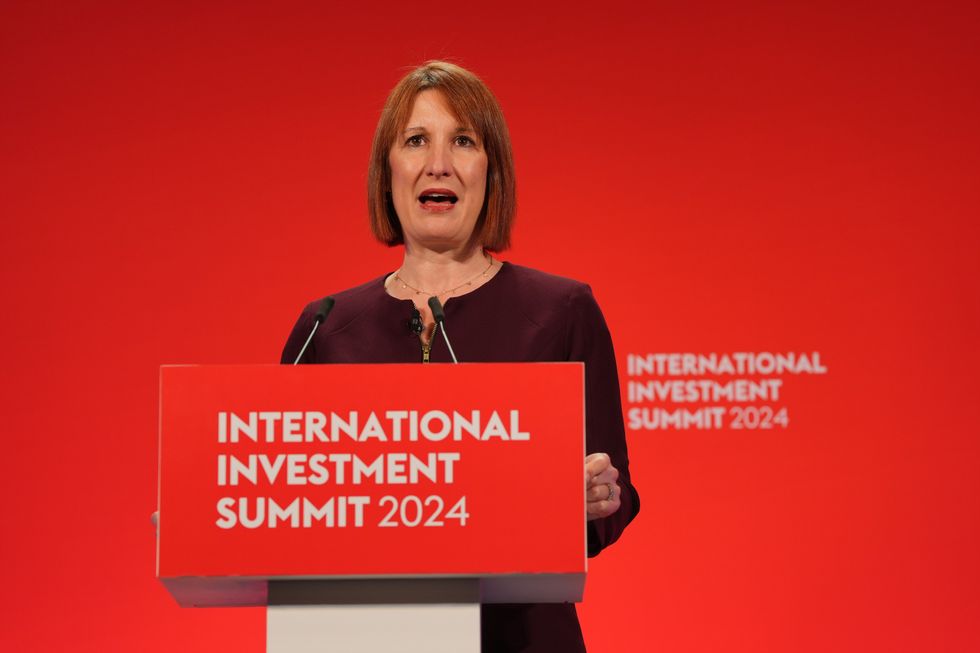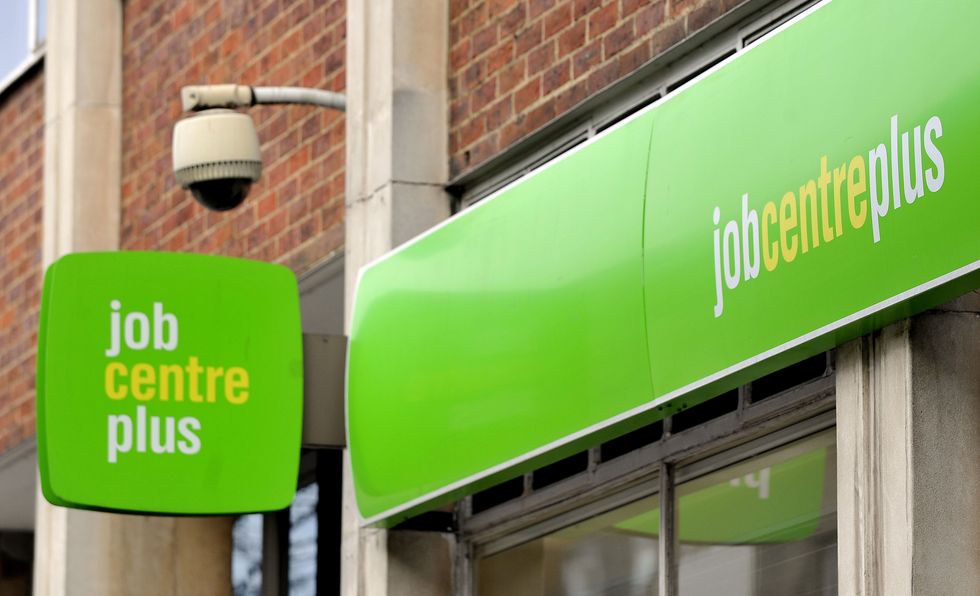One MILLION young Britons will soon not be in education or employment for first time in 10 years

The Government's 'Youth Guarantee' aims to ensure all young people are either earning or in education
Don't Miss
Most Read
Trending on GB News
The number of young people out of work, employment or training is expected to exceed one million for the first time in more than a decade, research has found.
New research from the Resolution Foundation shows the number of so-called "Neets" has increased by almost 200,000 over the past 20 years.
It has now reached 940,000 people.
The research has suggested that the increases in the past few decades are due to disability or ill health.
Researchers from the think tank, supported by the Health Foundation, identified that inactivity due to disability or sickness among this group had doubled since 2005.
It now made up more than one in four.
The report stated that the trend meant the number of young people who were not in work or training would hit one million for the first time since the aftermath of the financial crisis.
During that time, it peaked at 1.2 million people in 2012.

Chancellor Rachel Reeves has claimed Labour's youth guarantee will reduce the number
| PAThe Government announced the next stage of its "Youth Guarantee" policy recently.
It was pledged in its election manifesto, with the scheme aiming to ensure all young people were either earning or in education.
That would be done by matching the group with local training or employment opportunities.
The Treasury has said there will be a "targeted backstop", which means any eligible young person on Universal Credit for more than 18 months will be provided guaranteed paid work if they were without earning or learning within that timeframe.
LATEST DEVELOPMENTS:

Young people on Universal Credit for more than 18 months without earning or learning will be provided guaranteed work
| PAIt is understood that it may also see benefit sanctions or ceasing one's entitlement entirely if work is turned down.
The Government is looking at restricting eligibility for the health-related element of Universal Credit for those aged 22 and over and increasing the equivalent for children to end at 18 as opposed to 16.
This would mean the only age bracket included in the Youth Guarantee policy would not be covered.
Disability equality charity Scope's Executive Director, James Taylor, said that schemes "improving employment support for young people" were encouraging.
"But no details have yet been set out for young disabled people, who face many barriers getting into work," he added.
"At the same time, the Government is planning to cut Universal Credit Health for under-22s."
Mr Taylor said that "life costs more if you are disabled" and those costs would hit younger people "even harder without this financial support".
"The Government must tackle the real barriers young disabled people face getting into work," he said.
"Instead of ripping away their financial safety net or forcing them into unsuitable jobs."
The Resolution Foundation pointed out that almost half of those young people not in work - 44 per cent - did not engage with the benefits system at all.
The group urged the Government to increase its efforts to lower numbers by creating a "front door" to help young people nationally to re-engage with education and training, and to also broaden the Youth Guarantee to include 22 to 22-year-olds.
It also advised that the quality and frequency of Work Capability Assessments to be increased, despite the Government intending to scrap them.
Resolution Foundation senior economist Louise Murphy said: "The number of young people who are neither earning nor learning has risen sharply in recent years and is now nearing one million".
She said the "biggest factor driving" it was "disability or ill-health", and it had doubled over the past 20 years.
"The Government should redouble efforts to reduce the number of Neets by making it easier for young people to return to education if they drop out, or to get their first experience of work," she said.
"Otherwise, we risk a cohort of young people slipping through the cracks into a lifetime of lower living standards."
A Government spokesman said "every young person should have the chance to thrive" and that is why it is "delivering our Youth Guarantee so no one is left behind".
Our Standards: The GB News Editorial Charter











